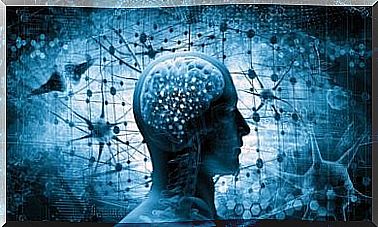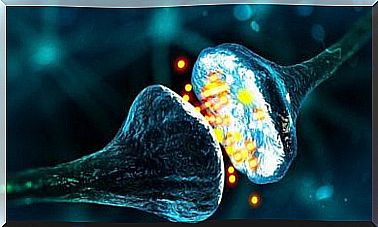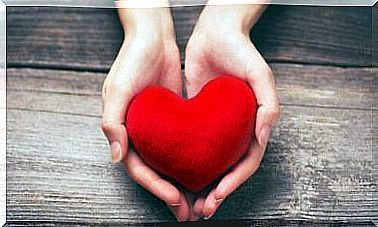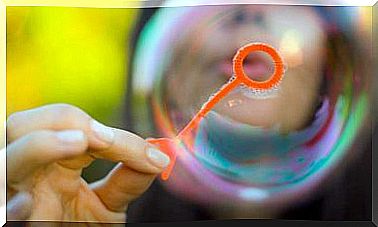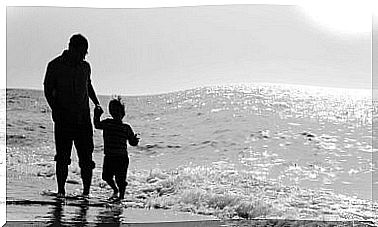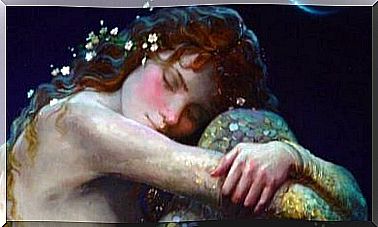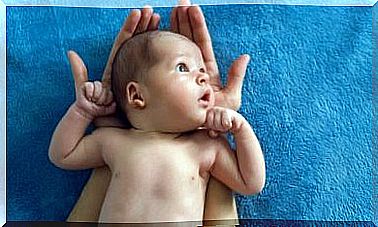Of Love And Hate – Why These Two Feelings Are So Close Together
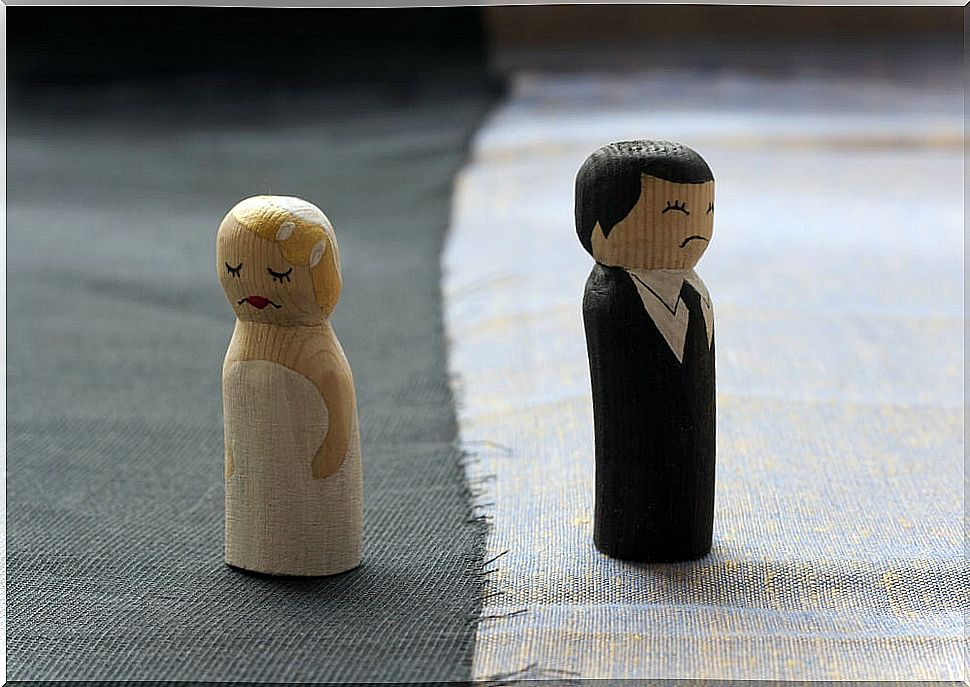
We are surprised when we find out about these couples who loved each other so passionately and suddenly can’t even look at each other anymore. I am not talking about couples who suffer from the pain of separation, but about these women and men who become archenemies after the end of a romantic relationship.
Usually such a situation does not arise after a relationship in which the partners have been together for many years and, as so often, have drifted apart. Sometimes this change comes very unexpectedly. Yesterday these people loved each other and today they hate each other. And then we ask ourselves: So is it true that the line between love and hate is very fine?
love and hate
There is no kind of love that does not hide at least a little bit of hate. We hate the other a little because sometimes they are not there when we need them. Or because he wasn’t as grateful as we’d hoped for something we did for him. Likewise, we feel a little bit of hatred when our partner doesn’t understand us properly or when they are unable to tell us what we want to hear.
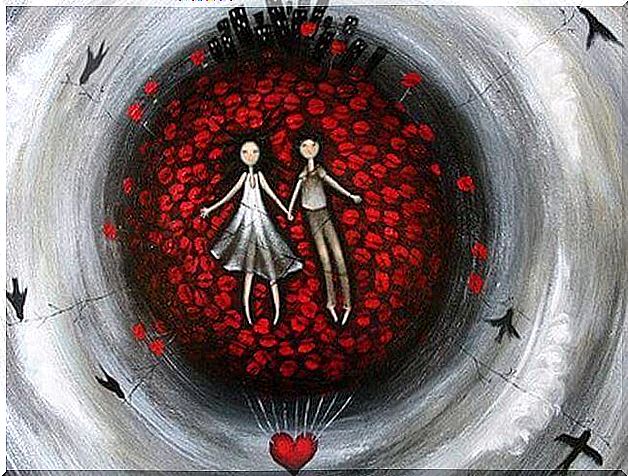
These are small portions of hatred that usually have no bearing. They disappear as quickly as they came and don’t really leave a trace, except for highly sensitive people. We can deal with this tiny amount of hate and keep love alive.
However, there are situations that don’t end well. Every now and then these little phases of quarrels are the beginning of a great, hateful drama. Or they are the drop that brings the barrel of hatred to overflow.
Because love and hate are not opposing worlds. The opposite of love is not hate, but indifference. Just as every love contains a tiny bit of hate, hate also contains a little bit of love somewhere.
How paradoxical love and hate are
Love can become hate in two different ways: A person either wakes up from his “hibernation”, during which he has supported something for a long time that he actually did not want. Or someone hurts another person so badly that the feeling of love gives way to the desire for unstoppable destruction.
This situation is more common for people with a low tolerance level for frustration or highly narcissistic people.
If the emotional tools are not in place to maintain emotional balance in an adverse situation, it is very likely that others will be held responsible for the feeling of frustration experienced. We then hate the other because they reveal our weaknesses, our dependency or our insecurity.
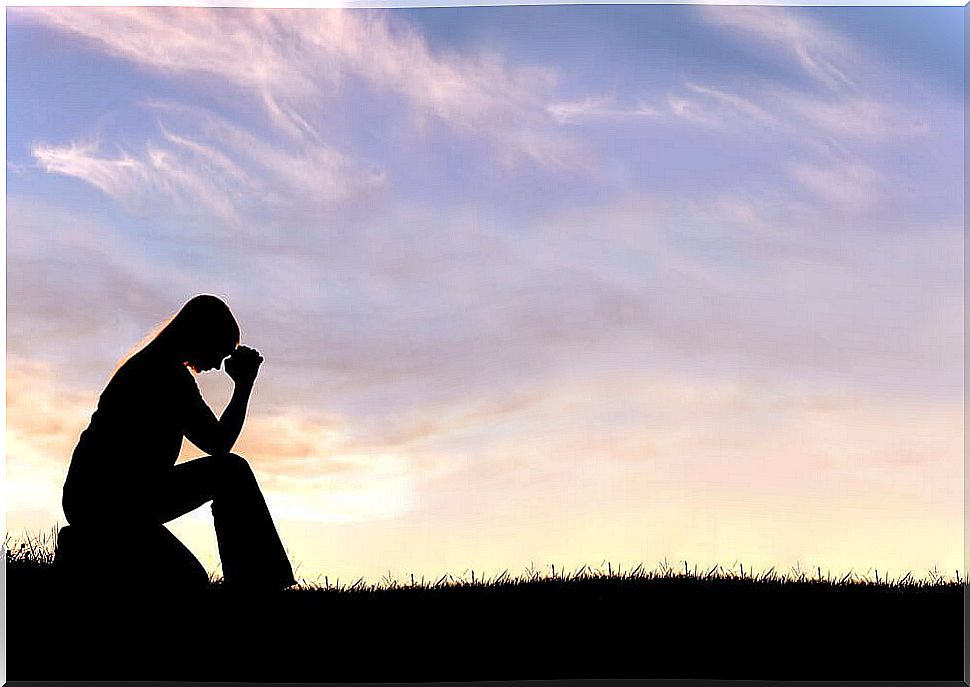
Narcissists cannot distinguish between an insult and a self-affirmation of their counterpart. If the counterpart demands space, recognition or autonomy, this is understood as aggressive behavior. These people assume that their partner is dependent on them and see any act of freedom as a personal threat. Because of this, they can even react violently.
Hate creates a strong bond between two people. This connection can be even stronger than that of love. The bad thing is that the situation turns into a vicious cycle that permanently strengthens itself when there is recurring hostility. Neither one nor the other can draw a line. Your conception of a peaceful life then is to hurt and avoid being hurt. They feel that they cannot turn their back on this predicament because otherwise they would give up.
This never-ending drama is incredibly unhealthy. It’s one of those situations where you lose more than you win. There is no solution to this problem. The only alternative is to break up with this person and say goodbye to hatred, which can become a prison of yourself, from which you cannot break and in which you will ultimately find yourself devastated.
Images courtesy of Chema Concellon
